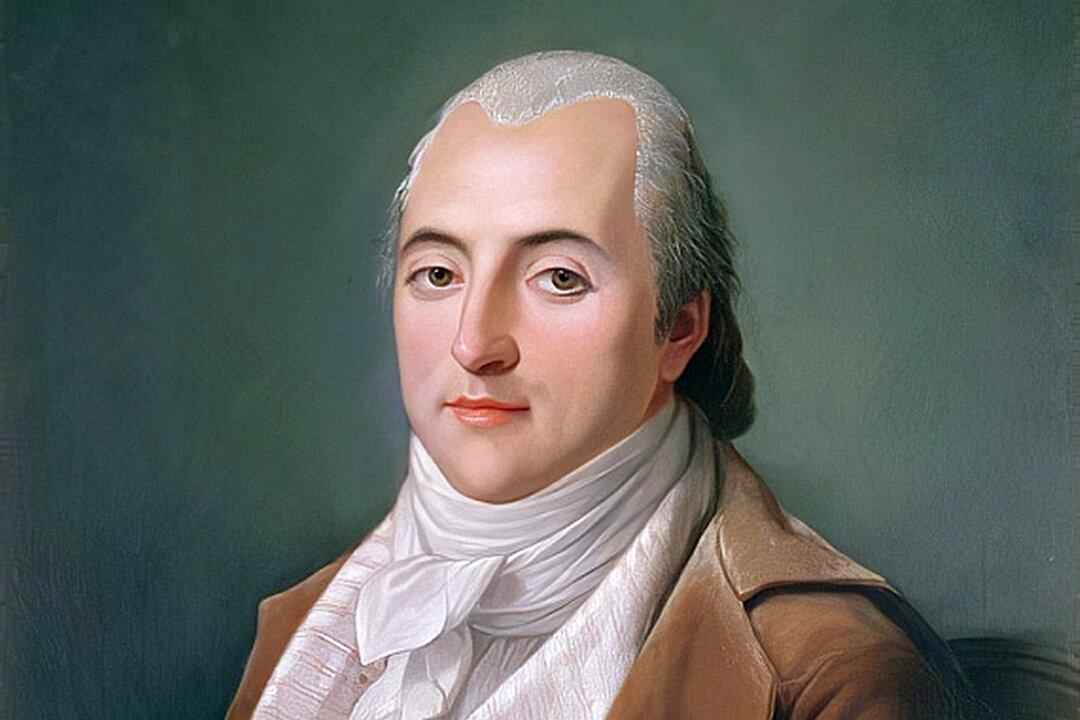Commentary
There are certain figures in the history of ideas who have exercised wild influence over the course of human affairs. We know some of their names (Thomas Aquinas, John Locke, Thomas Jefferson, Karl Marx, Charles Darwin, Albert Einstein, John Maynard Keynes), but other mighty figures are less well-understood in our times, such as G.F. Hegel and Sigmund Freud.





